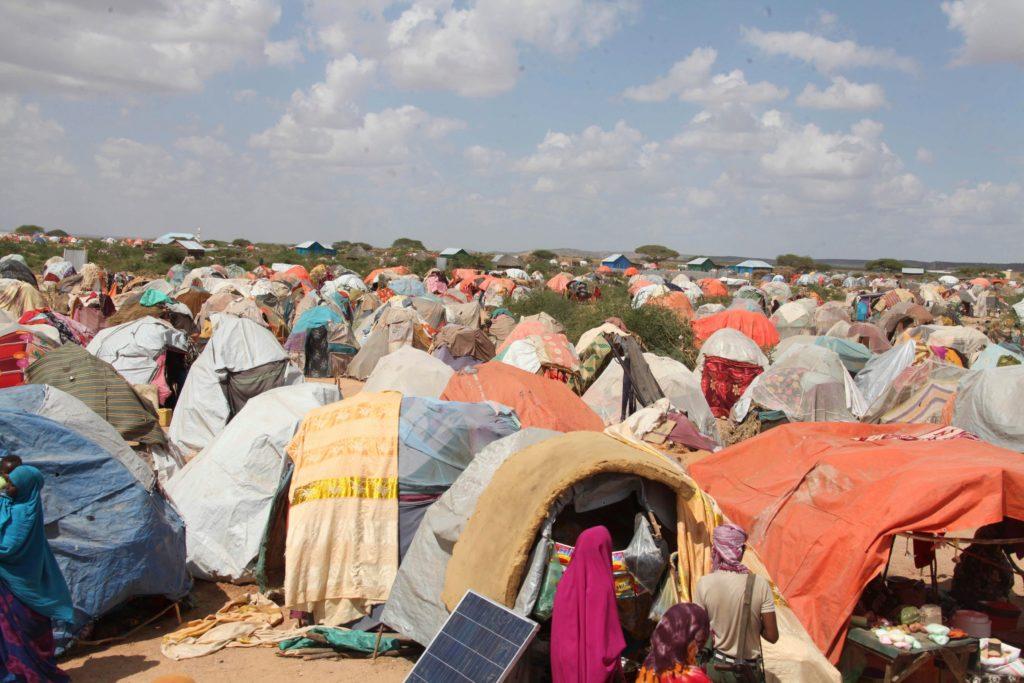
The intricate relationship between war and public health has been a tragic reality throughout human history. However, today’s world faces an unprecedented convergence of armed conflicts, with the wars in Gaza, Sudan, Democratic Republic of Congo (DRC), Yemen, Syria and Ukraine each leaving deep scars on health systems and civilian populations. The wars have already created vast global health crises – with over 507,000 deaths in Syria alone, around 6 million people having lost their lives since 1996 in the DRC, while in Gaza (officially) over 41,000 Palestinians have been killed, with more than 93,000 injured – as collapsing health systems struggle to cope.
These conflicts are no longer isolated to national boundaries; increasingly, they possess the potential to trigger a global public health catastrophe. The World Bank reports that 324 million people living in extreme poverty are currently in 33 fragile and conflict-affected countries. The same report warns that by 2030, it is projected that nearly 60% of the world’s extreme poor will reside in nations impacted by fragility, conflict, and violence (FCV). The immense strain they place on healthcare infrastructure, the spread of diseases and the disruption of vaccination and medical supply chains all underscore the pressing need for diplomatic efforts to contain these crises before they spiral into a full-scale international health emergency.
Human Toll and Weaponisation of Health in Armed Conflicts
Armed conflicts inflict immediate casualties, but their long-term health impacts are often worse, with civilians suffering from displacement, malnutrition and injury. In Gaza and Ukraine, hospitals are frequently targeted, leaving healthcare crippled, while Gaza’s facilities struggle with limited supplies and power.
Yemen’s civil war has led to the worst cholera outbreak in recent history, with over 2.5 million suspected cases and 4,000 deaths between 2016 and 2022, and cases could rise to 255,000 by September 2024. Half of Yemen’s healthcare facilities are non-functional, leaving millions without access to care, while 2.7 million Yemeni children suffer from acute malnutrition. In Syria, over a decade of war has destroyed half the healthcare infrastructure, leading to plummeting vaccination rates and the resurgence of diseases like polio, as 12 million displaced Syrians face overcrowded, unsanitary conditions.
Armed conflicts increasingly use healthcare as a weapon, with attacks on workers, hospitals and ambulances becoming all too common. In 2023 the Safeguarding Health in Conflict Coalition (SHCC) reported 2562 attacks on healthcare facilities in conflict zones, resulting in hundreds of deaths and injuries. In the DRC, militias disrupted Ebola vaccination efforts, while in Sudan, violence displaced nearly 9 million people in 2023, with both sides – the Sudanese Armed Forces and the paramilitary Rapid Support forces – blocking medical aid. This weaponisation of health leaves civilian populations vulnerable to preventable diseases and starvation as healthcare systems collapse.
Global Diplomatic Efforts: Addressing Health in Armed Conflicts
Global diplomatic efforts to address health impacts of armed conflicts have been limited, with calls for ceasefires from the UN and WHO often hindered by the politicization of humanitarian aid. In Syria, UN-brokered ceasefires are frequently violated, and access to humanitarian corridors remains unreliable. Some successes include the UN’s Humanitarian Air Service (UNHAS) in Yemen and the DRC, which in June 2024 transported 1,284 passengers and supported 75 organizations. However, these efforts are small-scale, and enforcing international humanitarian law, such as the Geneva Conventions, remains challenging, with violations often going unpunished.
Potential for a Global Public Health Crisis
The global implications of ongoing armed conflicts are severe, leading to massive displacement and increased vulnerability to disease. By the end of 2023, an estimated 117.3 million people had been forcibly displaced, with refugee camps in Lebanon and Sudan becoming hotspots for outbreaks of cholera, tuberculosis, and other infectious diseases. Conflicts also disrupt global vaccine and pharmaceutical supply chains, heightening the risk of preventable diseases and potential pandemics. Further, in conflict zones like Gaza and Ukraine, the collapse of healthcare systems and overuse of antibiotics are accelerating the rise of antimicrobial resistance (AMR), posing a growing global health threat. Without proper diagnostics and resources, drug-resistant infections are becoming harder to control. With conflicts intersecting with other crises like climate change in the polycrisis era, the international community must urgently address both the immediate and long-term health needs of affected populations alongside diplomatic efforts.
Conclusion
The current array of armed conflicts presents a significant threat not only to those directly involved but to global public health as a whole. The collapse of healthcare systems, the deliberate targeting of medical infrastructure and the spread of diseases among displaced populations are all warning signs of a looming global health crisis. If left unchecked, these conflicts could destabilise the fragile progress made in global health over the past few decades, resulting in widespread health emergencies that transcend national borders. The recently adopted Pact for the Future at the UN’s Summit of the Future aims to address global challenges by ‘bringing back multilateralism’, but its focus may fall short in tackling the escalating public health threats posed by ongoing conflicts and wars, requiring more urgent, conflict-specific health interventions. Diplomacy, humanitarian intervention and a renewed commitment to the protection of health services in war zones are essential to prevent these conflicts from sparking a global public health catastrophe.